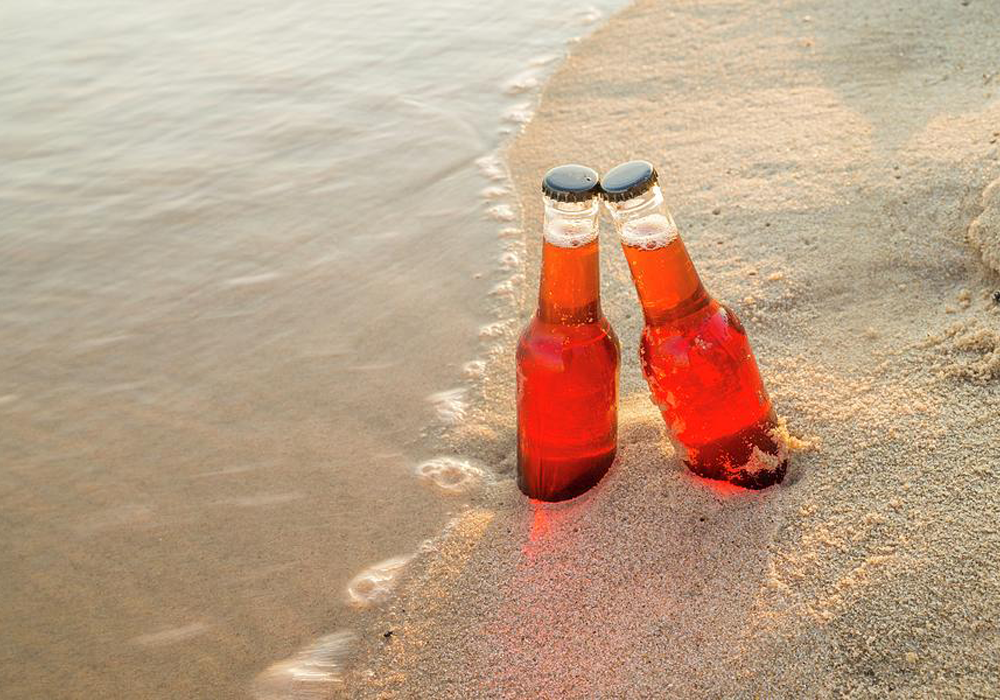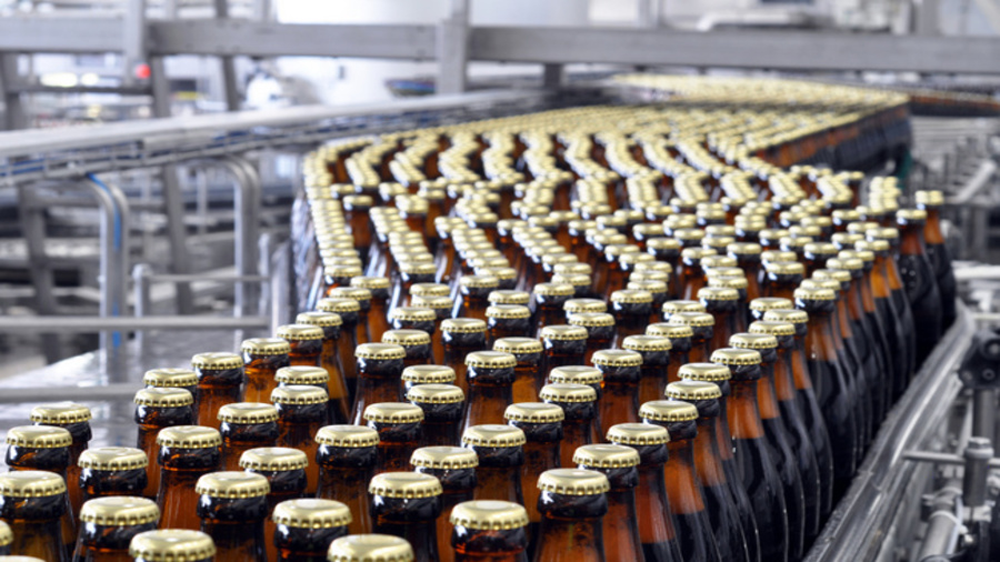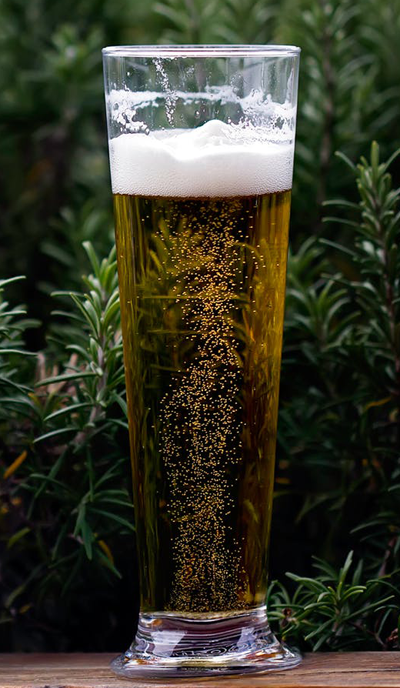4 Ways Climate Change can impact the Beer Industry

One pint coffee, please! Wait, this sounds wrong, doesn’t it? Particularly so for a beer lover. But really, in all seriousness – with climate change on the rise, there might be a time when we run out of beer altogether.
We often think of climate change as simply dialing up the global thermostat, but the problem runs much deeper than that. Any change in climate would also mean that the crops that are the most profitable in certain areas would be impacted. In some areas, climate change may cause an increase in rainfall, while in others, it may lead to drought. This would, naturally, change the way the crops grow and develop.
But what does this have to do with beer? Well, everything.
Here are some ways climate change can impact the future of the beer industry.
1. A Compromise In Quality

Let’s face it, barley-less beer is not beer! The sweet and almost almond-like taste of beer that we all love is because of the barley that’s used to brew it. This crop has trouble growing in warmer conditions, and the planet is not getting any cooler. Studies reveal that beer made from barley grown in well-watered conditions taste far better as opposed to that made from barley grown in dry conditions.
Luckily, indigenous farmers in India are re-inventing the agricultural wheel and are working to develop climate-resilient barley to ensure that the quality of beer is not impacted.
2. Reduced Demand/Consumption Due To Price Hikes
A pilot study conducted in 2015 predicted an average loss of 29 billion litres of beer per year, globally. This implies that the production may drastically reduce and brewers will be cornered with no choice but to increase the price twofold. This is in direct connection with crop failure, meaning wholesale prices will soar. However, the price hike is expected to vary in different countries depending on terrain and weather conditions.

3. Social Instability
The Prohibition era in the United States saw the growth of illegal liquor trade making criminals of millions of Americans. Based on these observations, experts suggest that beer price spikes and shortage may cause history to repeat itself and impact social stability.

4. A Drop In Maintenance And Hygiene Standards

Of all the problems triggered by climate change, water crisis is definitely one of the largest. Water constitutes up to 90 percent of beer and the brewing process makes use of this resource in almost every stage. The lesser the availability of water, the more difficult it will be to produce great-tasting beer. Not to forget, the amount of water that goes into the maintenance of the beer and brewing equipment. There are kegs, bottles, glasses and barrels to be cleaned and in light of the recent water crisis Earth is facing, chances are likely that hygiene and quality will be greatly compromised.
Is there a brighter side to this at all?
 Yes, there is always light at the end of the tunnel. However, it takes collective measures to reach the other side. Several beer brands like Carlsberg and Anheuser-Busch have initiated various programmes to reduce the carbon footprint. As beer lovers, we can take small steps to live consciously and of course, drink responsibly. This way we can not only protect our environment but also save our favourite alcobev from becoming extinct.
Yes, there is always light at the end of the tunnel. However, it takes collective measures to reach the other side. Several beer brands like Carlsberg and Anheuser-Busch have initiated various programmes to reduce the carbon footprint. As beer lovers, we can take small steps to live consciously and of course, drink responsibly. This way we can not only protect our environment but also save our favourite alcobev from becoming extinct.



